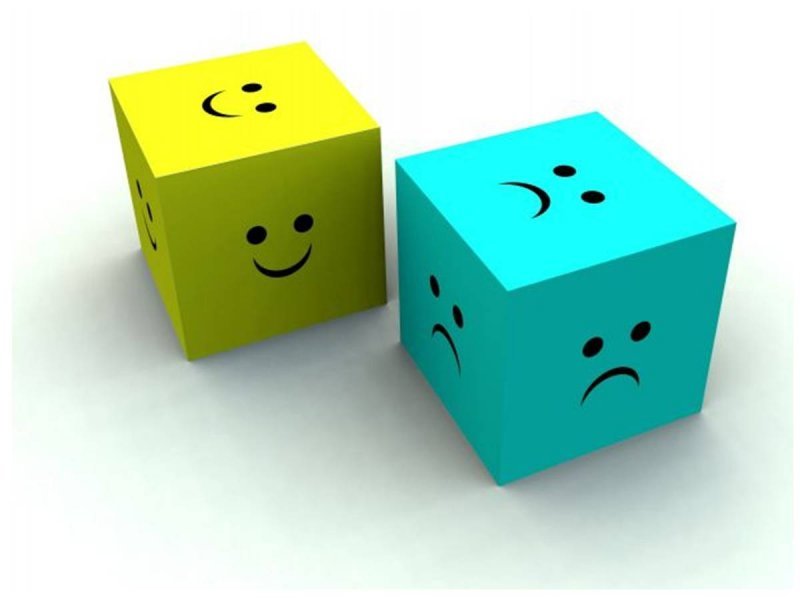
You often hear people say things like, “That Joe. He has problems. But he can be quite a jerk, too, Is that it — or does he have problems?”
My question is: Why not both?
You have to understand something.
There are two types of people with emotional problems, just as there are two types of people who don’t have any emotional problems or conflicts. In each group, there are nice people, and there are jerks. There are liars, and there are honest people. Most people who have emotional problems are not seeking to impose their will or attitudes on others; some are.
In judging other people — which, yes, you ARE allowed to do — you’re not obliged to do a psychological evaluation of every person you meet. “I don’t like Suzie. She’s mean, nasty and inconsiderate. But wait — maybe she has emotional problems.”
So what if she does? That still doesn’t excuse her from being mean, nasty and inconsiderate. And the fact that Suzie has emotional problems and is a jerk doesn’t mean that everyone else with emotional problems is a jerk.
By the way, what are ’emotional problems’ exactly? Emotional problems, contrary to popular perception, are not diseases that invade the brain without the knowledge or consent of the victim. They’re the product of contradictions or other errors that people display in their thinking and actions. Anyone willing and able to look objectively at his or her own thinking and behavior deserves some sympathy or support. Not everyone with problems is willing to do so. You should hold such people responsible for their own mental negligence.
In today’s society, psychological assessment has completely replaced moral assessment. What this means is that most people feel compelled to assume that all obnoxious or even bad behavior is due to emotional problems.
Actually, people are making choices whether they have emotional problems are not. There are people with emotional problems, for example, who recognize they have them and are doing their best to change or correct them. Then there are people with emotional problems who don’t think there’s anything wrong with them. They go through life with a chip on their shoulders, essentially saying to everyone who offends them, “What’s YOUR problem?” It’s OK to consider such a person an ass, or a jerk. Because he (or she) plainly is.
I can see the mental health professionals and other societal suckers writing in now saying, “How can you say such a thing? You’re a mental health professional!” That’s precisely my point. As a mental health professional, I have talked to literally thousands of people in my career, to date, who have some level of emotional difficulty or problem. Some of them are considerate, polite and nice, while others less so. Most are nice to me, but are not necessarily that way to others in their lives (by their own description, in some cases.) There are all kinds of people in the world.
The powers that be in our culture would have us believe that everyone is either nice, or “has problems” and is “in need of help.” It’s one or the other, they claim. You can spend twenty years in school and obtain both an M.D. and a Ph.D., if you like, but I can guarantee one thing: Anyone who’s a jerk, a creep, or who’s dishonest, and who doesn’t see any problem with these traits, is not going to be “helped” by anyone.
A lot of the problem people have in their family and personal lives, especially, is caused by walking on eggshells. This walking on eggshells is caused by a false belief that you have to be nice to people who have not earned that privilege. This isn’t true. No, I’m not saying that any and all forms of retaliation are appropriate or even possible. But I am saying you don’t have to pretend to like or tolerate people who are, frankly, intolerable, just because Oprah or the President or the priest have told you, “Be nice to people who have problems.”
It’s ridiculous, and you should stop it. By reinforcing the nastiness or rudeness of others, you’re making the world safer for those qualities. Is that what you really want to do? Is that what being a good person really means? I don’t think so.
